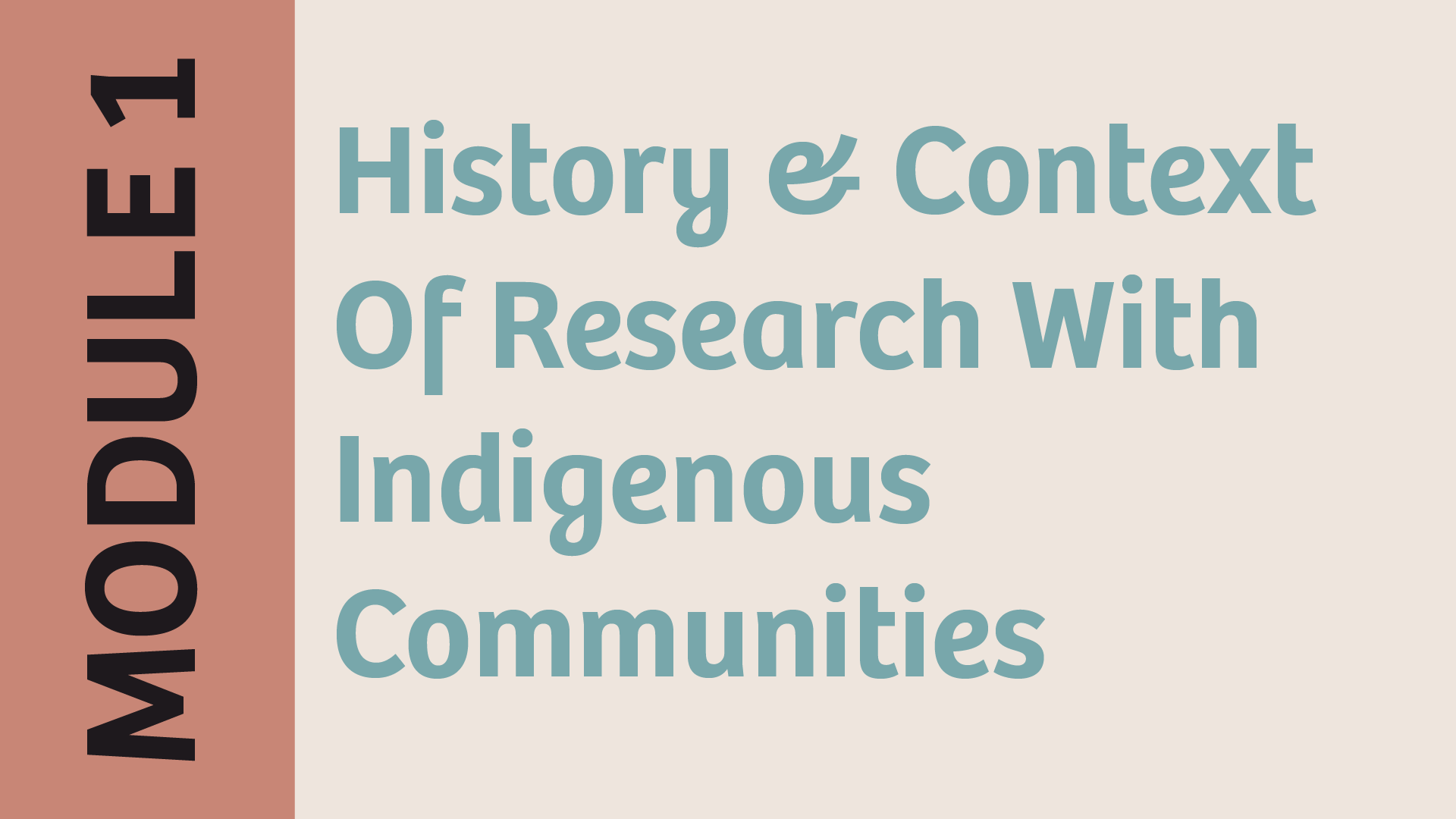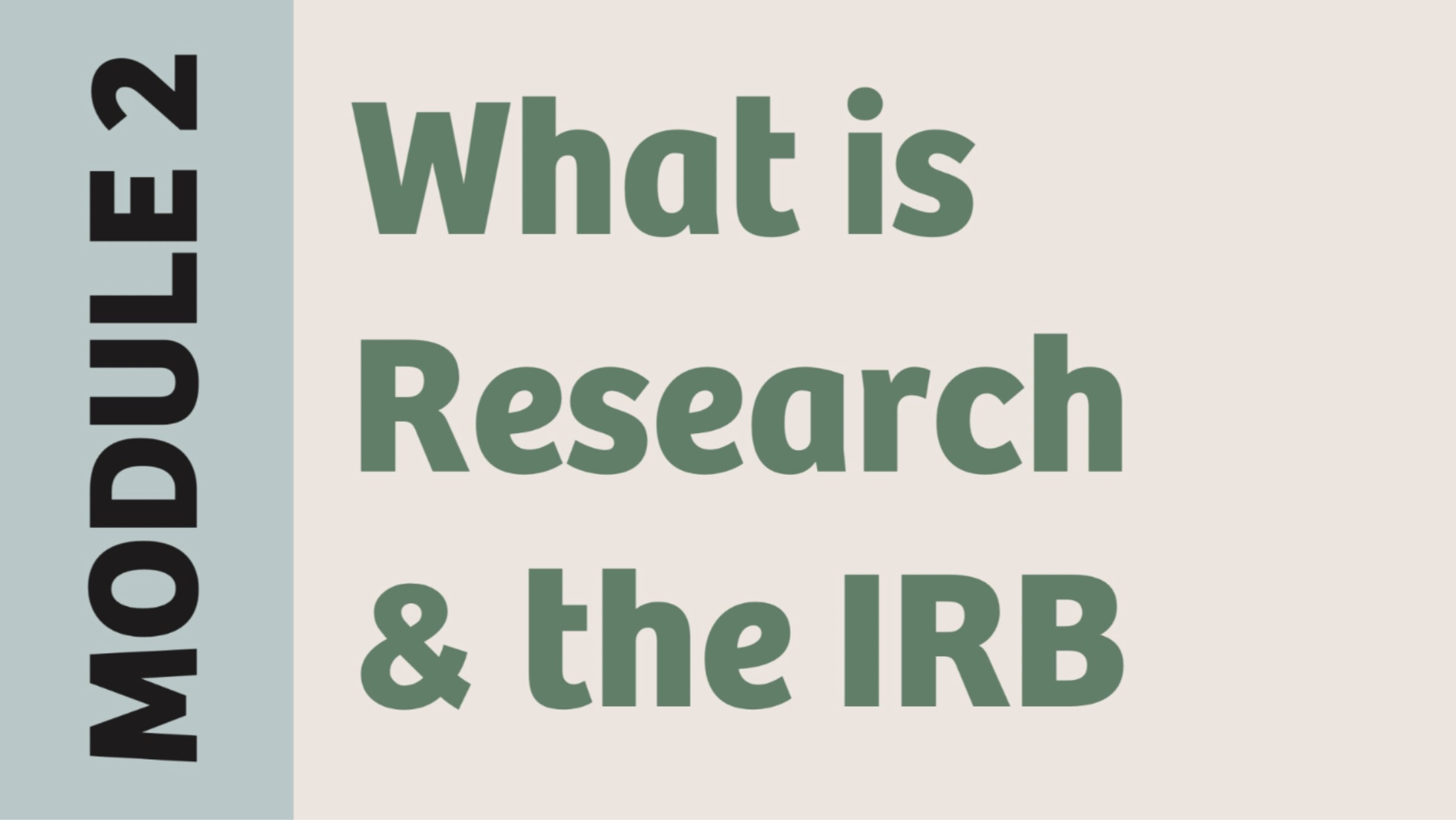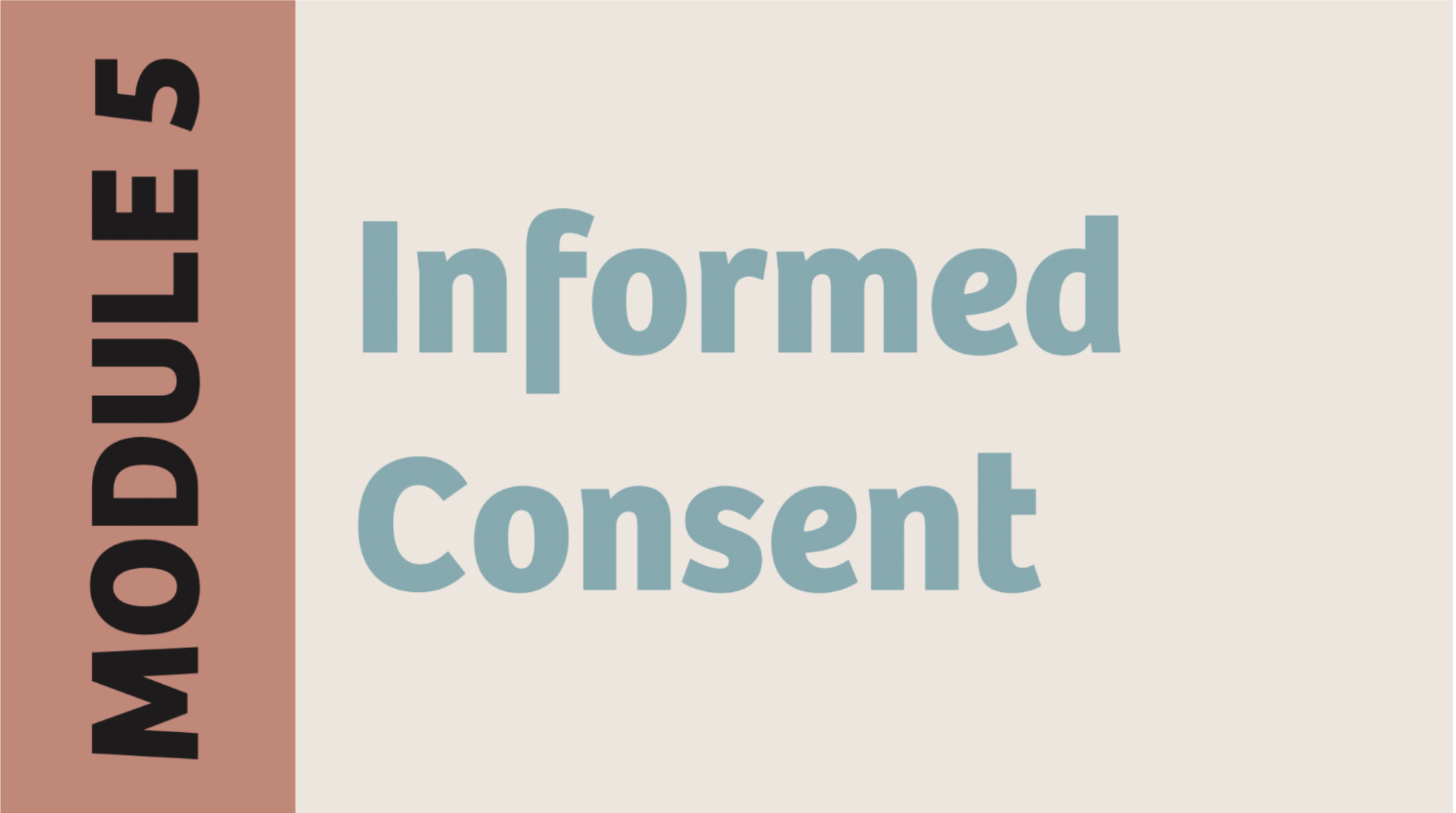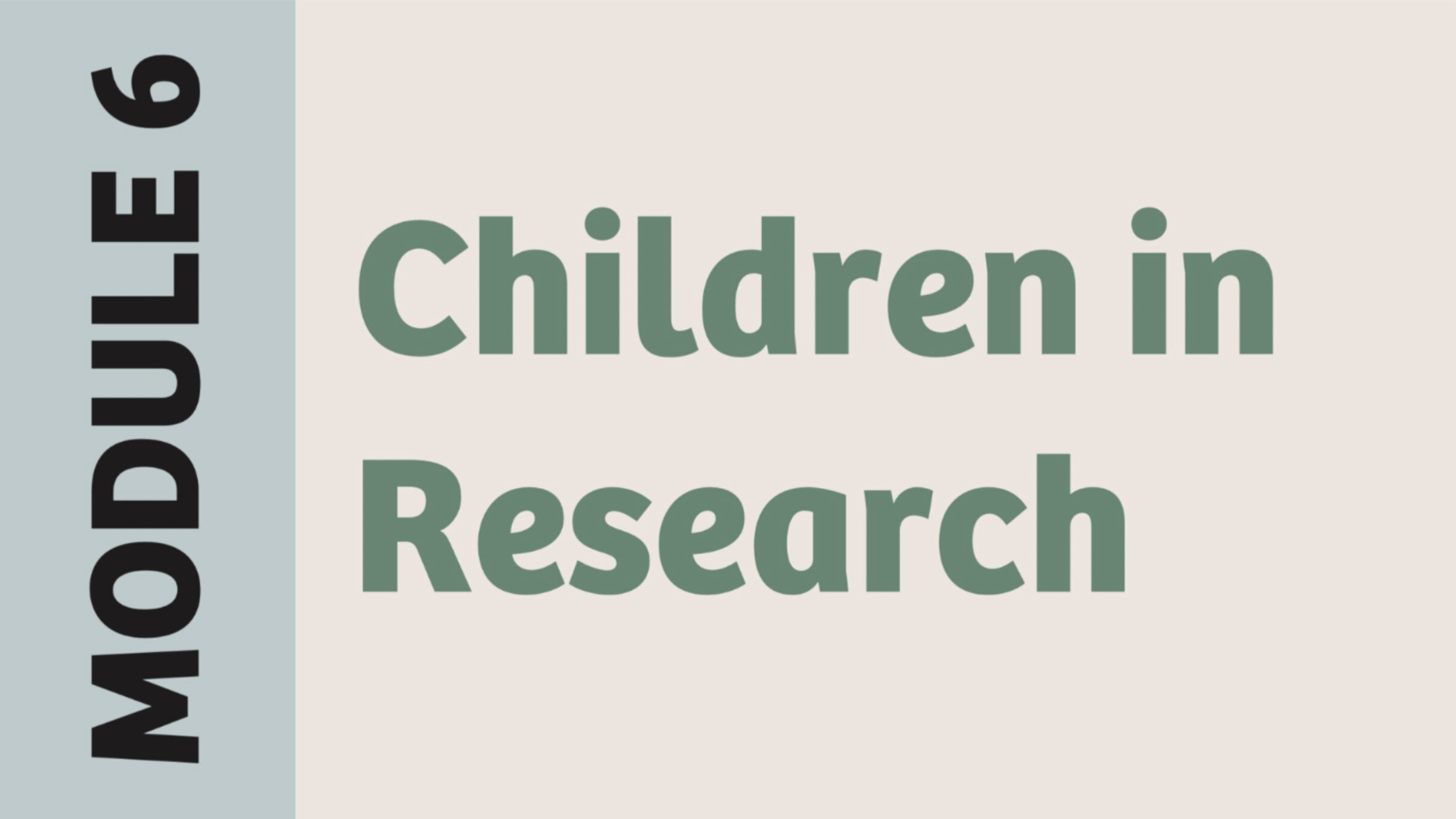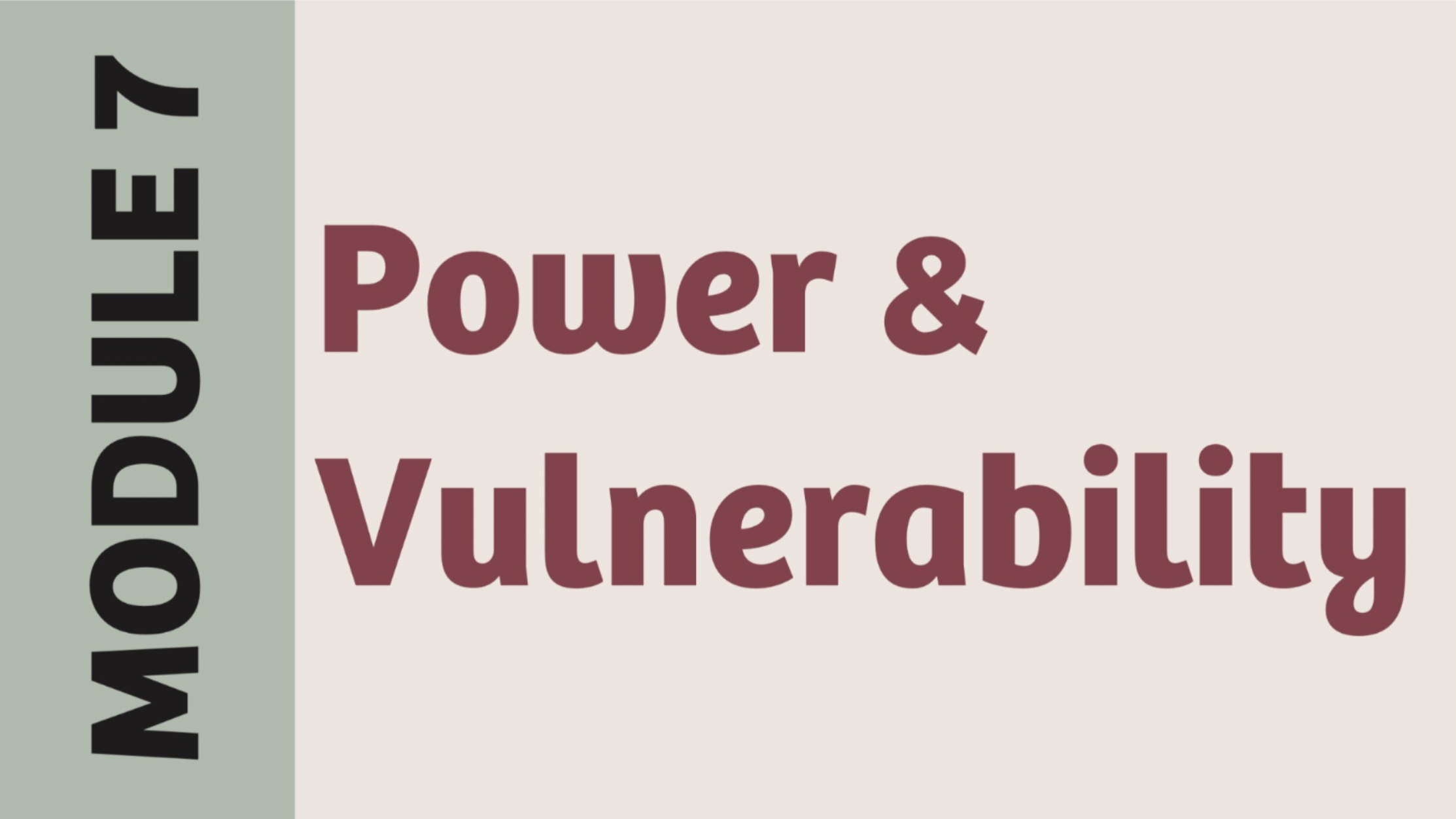The IPA toolkit is an invitation to research teams to embark on a collective journey toward enacting ethical principles for Indigenous and community collaborations. We saw a need for a free, public, and accessible ethics training to support community research partnerships. In response, we came together as a team of community members, researchers, and IRB staff to collaboratively develop a video-based training. We initially developed what is now the IPA toolkit to specifically serve as a pathway for community members to participate as “investigators” on research protocols at Utah State University. While it still serves that purpose, we have added a toolkit of resources, including Module Guides, to support community research teams develop the ethical infrastructure needed to support their work.
We welcome broad uses and applications of the NSF-funded IPA toolkit to serve the particular needs of community research teams.
Pre-Training Consideration: How to Engage your Research Ethics Committee
We designed the IPA training as a set of 8 modules to be completed in succession. That said, we welcome your team to adopt this training in whatever way y’all find most useful. We have developed a toolkit of resources to support your team on your collective journey to identify ethical principles to support your research.
MODULE 1: HISTORY AND CONTEXT OF RESEARCH
MODULE 2: WHAT IS RESEARCH AND THE IRB?
MODULE 3: RISKS AND BENEFITS
MODULE 4: CONFIDENTIALITY & PRIVACY
MODULE 5: INFORMED CONSENT
MODULE 6: CHILDREN IN RESEARCH
MODULE 7: POWER AND VULNERABILITY
MODULE 8: REFLECTIONS & ENACTMENTS
Learn more about why we developed this training.
As with all our work, the IPA training is in a constant state of refinement. If you have feedback to share about your experience with this training, please contact us here.
This work is licensed under a Creative Commons Attribution-NonCommercial-ShareAlike 4.0 International License
This material is based upon work supported by the National Science Foundation under Grant No #1943630. Any opinions, findings, and conclusions or recommendations expressed in this material are those of the author(s) and do not necessarily reflect the views of the National Science Foundation.


